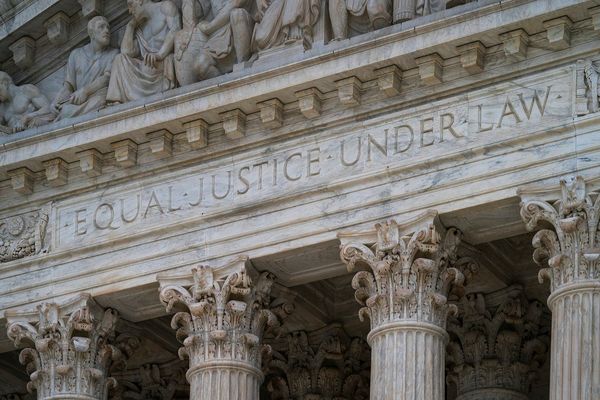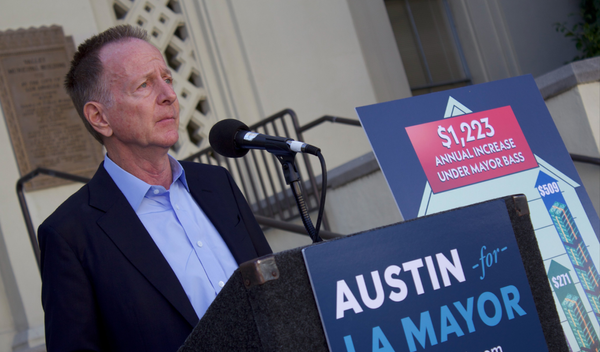
Pakistan is gearing up for its twelfth general elections in its 76-year history, as 127 million voters prepare to cast their ballots on Thursday. Over the years, the country has faced various challenges including economic crises, military interventions, political turmoil, sectarian violence, and conflicts with neighboring India. This year's elections involve 44 political parties competing for the 266 seats in the National Assembly, along with an additional 70 seats reserved for women and minorities.
The three dominant parties in Pakistani politics are the Pakistan Muslim League-Nawaz (PML-N), the Pakistan Tehreek-e-Insaf (PTI), and the Pakistan People's Party (PPP). The PML-N is considered the leading contender, with the ballot featuring two former prime ministers, Nawaz Sharif and his younger brother Shehbaz Sharif. The PPP, led by Bilawal Bhutto-Zardari, has a stronghold in the southern region of the country and is unlikely to secure enough votes for the premiership, but could potentially become part of a coalition government led by the Sharif brothers.
One noteworthy absence from the election race is the PTI's founder, Imran Khan, a former cricket legend turned politician. Khan is currently serving prison time and has been disqualified from running in the elections due to multiple criminal convictions and ongoing legal cases against him. Despite his party's claims of unfair campaign conditions, they remain determined to participate.










While smaller religious parties may not have significant chances of securing a majority, they could still play a role in a potential coalition government. It is worth mentioning that the Pakistani military, although not a participant in the elections, holds significant influence behind the scenes and has ruled the country for half of its history.
The next government will inherit a range of pressing issues, including stabilizing the economy, improving relations with Afghanistan, addressing crumbling infrastructure, resolving persistent power outages, and tackling religious and separatist militant groups. In recent years, Pakistan has relied on foreign aid to shore up its foreign exchange reserves and avoid default, with the International Monetary Fund and countries like China and Saudi Arabia providing substantial financial support. Nevertheless, the IMF has warned of sustained high inflation and increased poverty levels in the coming year.
Pakistanis also grapple with rising living costs, gas shortages, and prolonged electricity blackouts, illustrating the persistent challenges in improving their quality of life. Additionally, strained relations with Afghanistan have further complicated matters, with both countries blaming each other for cross-border militant attacks and skirmishes that often result in the closure of vital border crossings.
Furthermore, the country continues to face threats from the Pakistani Taliban (Tehreek-e-Taliban Pakistan) seeking to overthrow the government and impose an Islamic caliphate. In Baluchistan province, Baloch separatists have waged an insurgency for years, demanding independence and a fair share of resources.
The overall mood among Pakistani citizens appears to be one of frustration and skepticism. Many express disillusionment due to years of political infighting and a lack of tangible improvements in their daily lives. Imran Khan's disqualification from running has not only infuriated his supporters but may also have dampened their enthusiasm. Furthermore, concerns regarding the fairness and transparency of the elections persist, leading to potential apathy among voters and a threat of low turnout, which could undermine the credibility of the electoral process.
The return of former Prime Minister Nawaz Sharif, who returned to Pakistan after four years in self-imposed exile, adds an interesting dynamic to the elections. Sharif's convictions were overturned upon his return, allowing him to participate in the race for a fourth term. Despite controversies surrounding his leadership, Sharif remains popular, leading many to speculate about his chances of reclaiming the premiership.
Rights groups have raised concerns about the likelihood of free and fair elections, and experts suggest that political turbulence since Khan's ouster in 2022 has fueled anti-establishment sentiment among the public. This sentiment, coupled with divisions and discontent, poses significant challenges in forming a strong coalition that can effectively drive meaningful changes in Pakistan.
As Pakistan braces for Thursday's elections, the outcome remains uncertain. The results will shape the country's political landscape and determine the path forward for addressing pressing issues, advancing economic stability, and tackling the ongoing security challenges.







